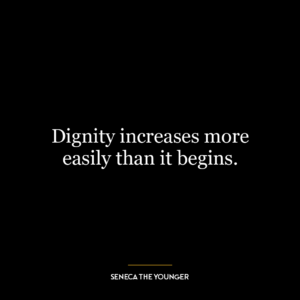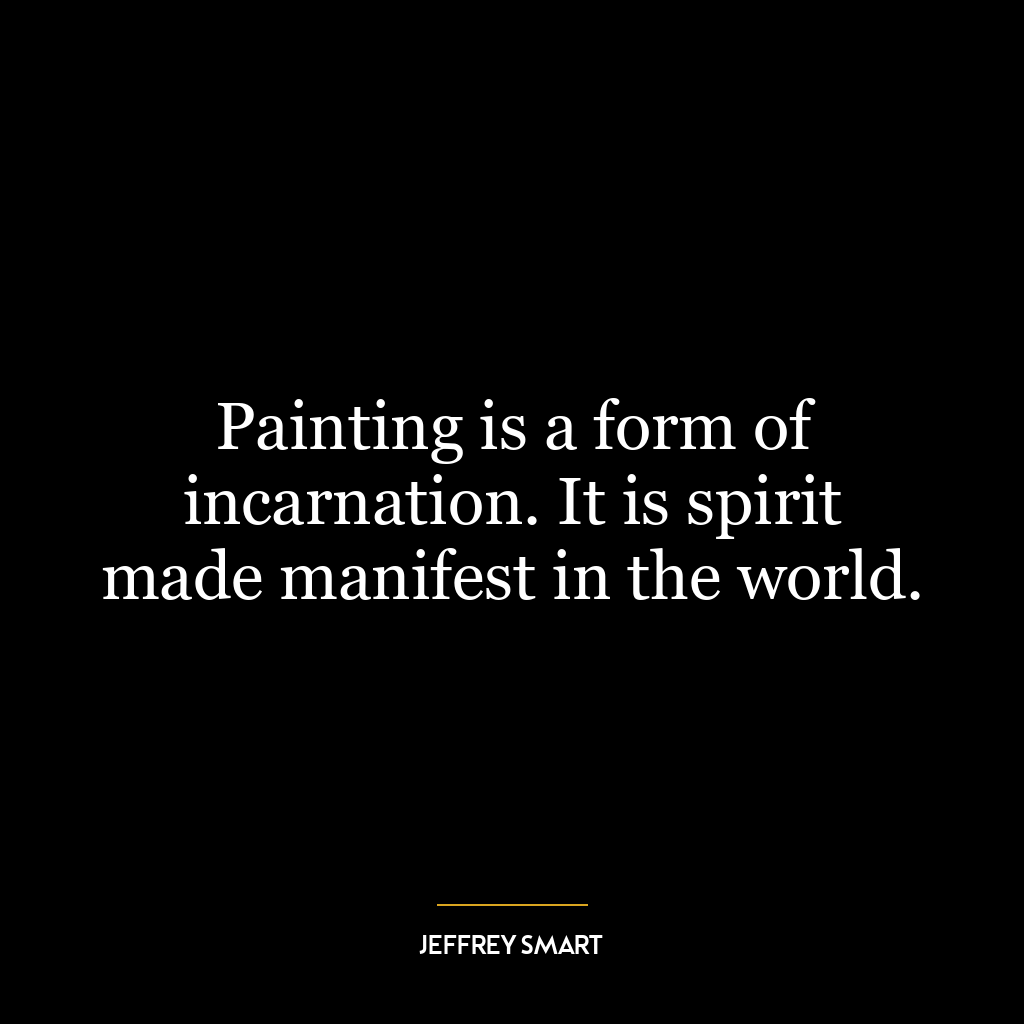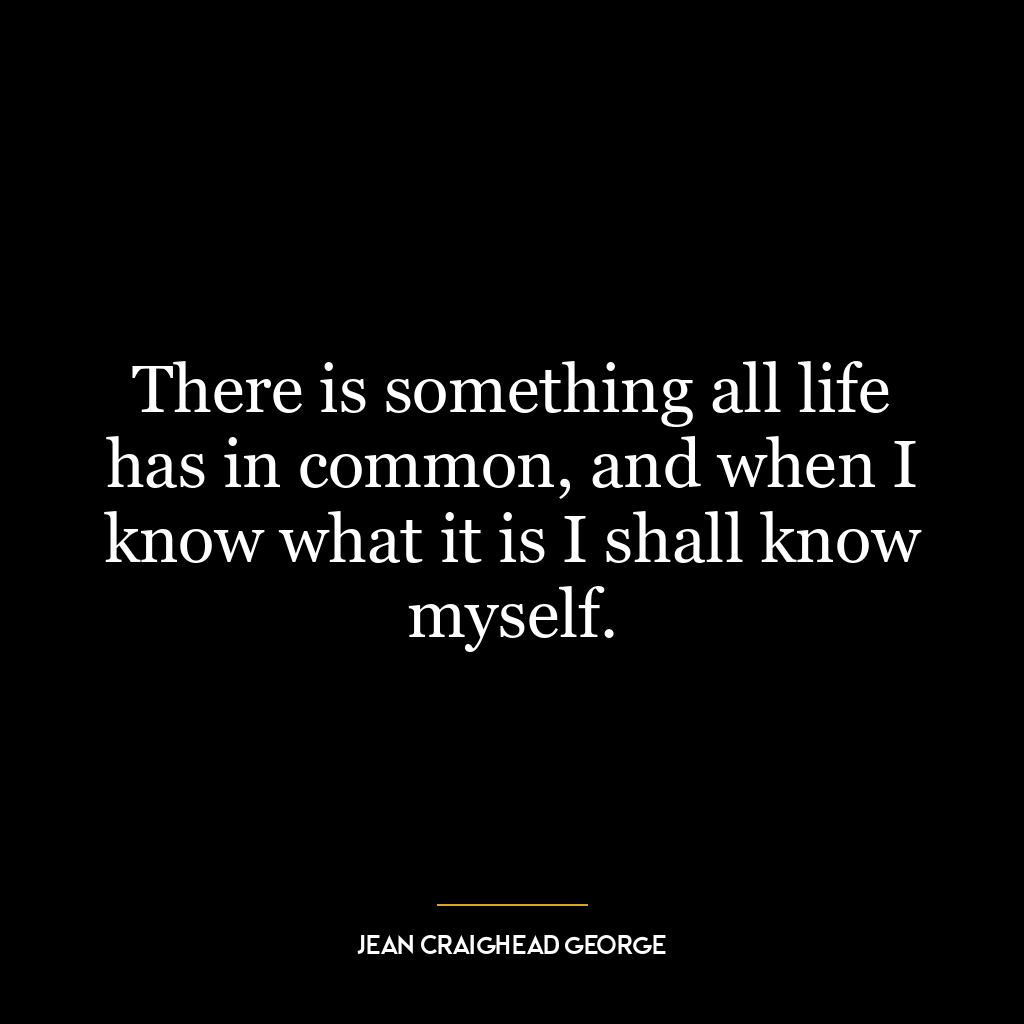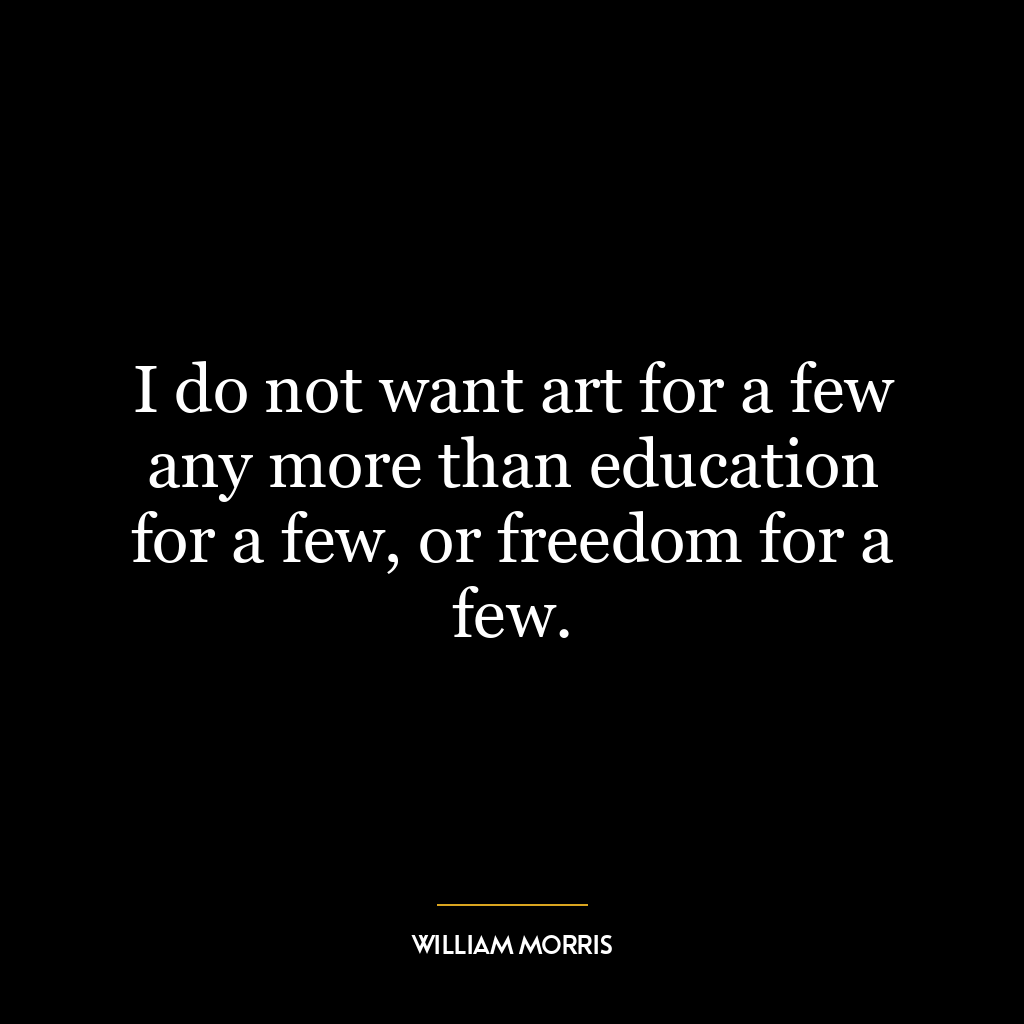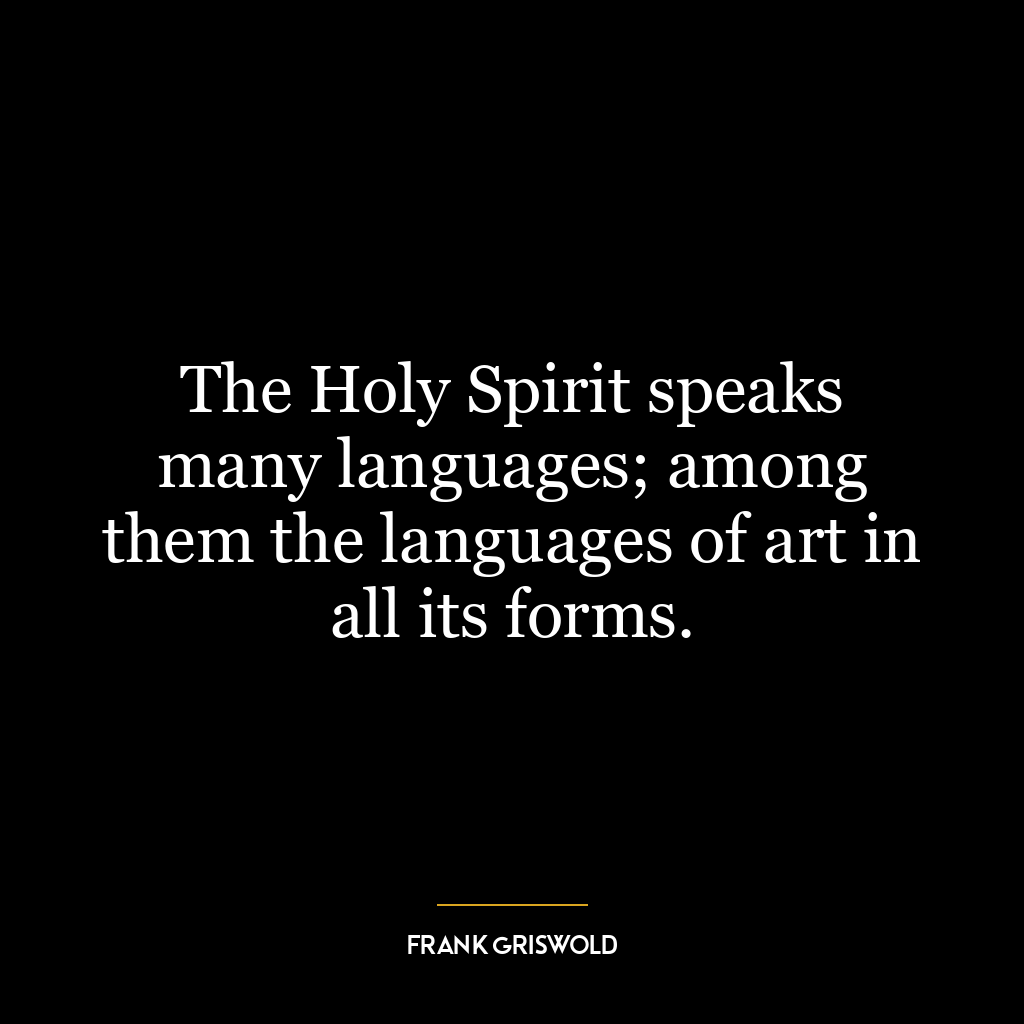Brother, the Great Spirit has made us all. . . . .
“Brother, the Great Spirit has made us all. But He has made a great difference between his white and red children. He has given us different complexions and different customs. To you He has given the arts. To these He has not opened our eyes. We know these things to be true. Since He has made so great a difference between us in other things, why may we not conclude that He has given us a different religion according to our understanding? The Great Spirit does right. He knows what is best for his children; we are satisfied.”
This quote, attributed to Seneca the Younger, is a profound reflection on the inherent diversity and plurality of human existence. It speaks to the idea that we are all creations of the same divine entity, referred to as the ”Great Spirit”, but we are not identical in our attributes, cultures, or understandings. The quote acknowledges the differences in physical attributes, such as skin complexion, as well as cultural differences, such as customs and arts.
The quote further delves into the realm of spirituality and religion, suggesting that different people may have different religious beliefs and practices, which are appropriate and fitting for them according to their understanding and context. It implies that the diversity in religious beliefs is not a matter of right or wrong, but rather a reflection of the diversity in human understanding and experience.
Applying this perspective to today’s world, this quote can serve as a reminder of the importance of respecting diversity and plurality in all aspects of life, including race, culture, and religion. It encourages us to appreciate the differences among us as part of the grand design of the universe, rather than sources of division or conflict.
In terms of personal development, this idea can inspire us to be more open-minded and tolerant towards people who are different from us. It can help us understand that our way of seeing and doing things is not the only valid or correct way, and that other people may have different perspectives and practices that are equally valid and valuable. This can lead to personal growth through learning from others and expanding our understanding of the world. It can also foster empathy, compassion, and mutual respect among individuals and communities.










